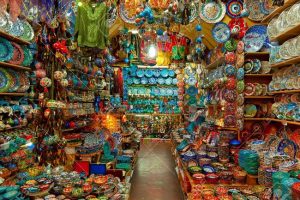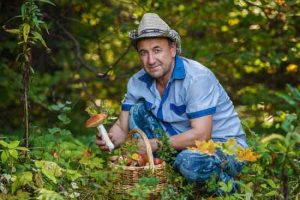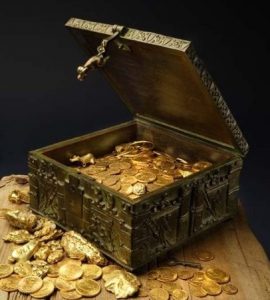past simple two
Past Simple, two
The past simple talks about actions, states and habits that began and ended in the past.
Forms of Main Verbs
| Base Form | Past Simple | Past Participle |
| (Verb 1) | (Verb 2) | (Verb 3) |
| fake | faked | faked |
| remember | remembered | remembered |
| fan | fanned | fanned |
| try | tried | tried |
| teach | taught | taught |
| buy | bought | bought |
| sell | sold | sold |
For more details see MAIN VERBS
Form of the Past Simple, Positive
Fortunately for English learners, the structure of positive, past simple sentences is relatively *gasp* simple.
| Subject + verb-2. |
Examples:
• Their children studied at an international school in Switzerland.
• Thomas Edison invented the light bulb (and many other things).
• Yesterday I, made some jack-o’-lanterns.
Negative Sentences in the Past Simple
| Subject + did not + verb-1. |
Examples:
• The visitors didn’t eat any fish.
• Bjarni, Leif and Thor didn’t stay in hotels during their backpacking trip; instead they roomed in private accommodations.
• We didn’t see many wild animals in the reserve that day.




Respond to the Following Statements
Respond with that’s true, that’s false/not true, I agree, I disagree, yes, no, yes and no, maybe, sometimes, not always, in the middle, it depends, perhaps, in a way.
Make any necessary changes or “corrections”. Say why and give examples.
1. When my grandmother was a child, she wrote and sent e-mails to her family and friends.
2. In ancient and medieval times, all village children learned reading, writing and math at school.
3. My great-grandparents knew about different countries like China, Egypt, England, Mexico, Turkey.
4. One thousand years ago people thought the world was flat.
5. In the past, everyone wanted a car, TV, stereos, refrigerators, washing machines and nice vacations.
6. During the winter, ancient people ate fresh fruits and vegetables.


7. My grandparents picked berries and mushrooms in the forest.
8. In the past, people always found buried treasures.
9. My great-grandparents called and talked to their friends on Skype and smartphones.
10. In the past, everyone tried to become rich, successful and prosperous.
11. Before the 1950s, people needed lots of money, a car and computers.
12. In the past, people felt very happy and content. Or people felt bored, or both.
13. In the old days, when children grew up, they became doctors, lawyers, teachers, nurses and scientists.
